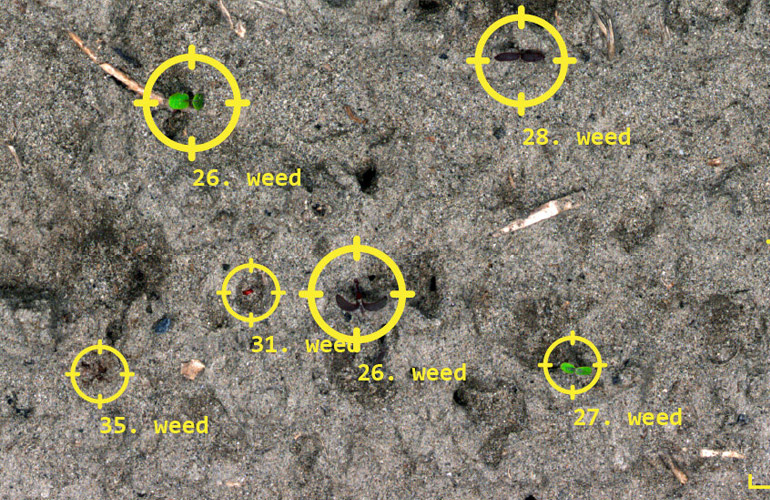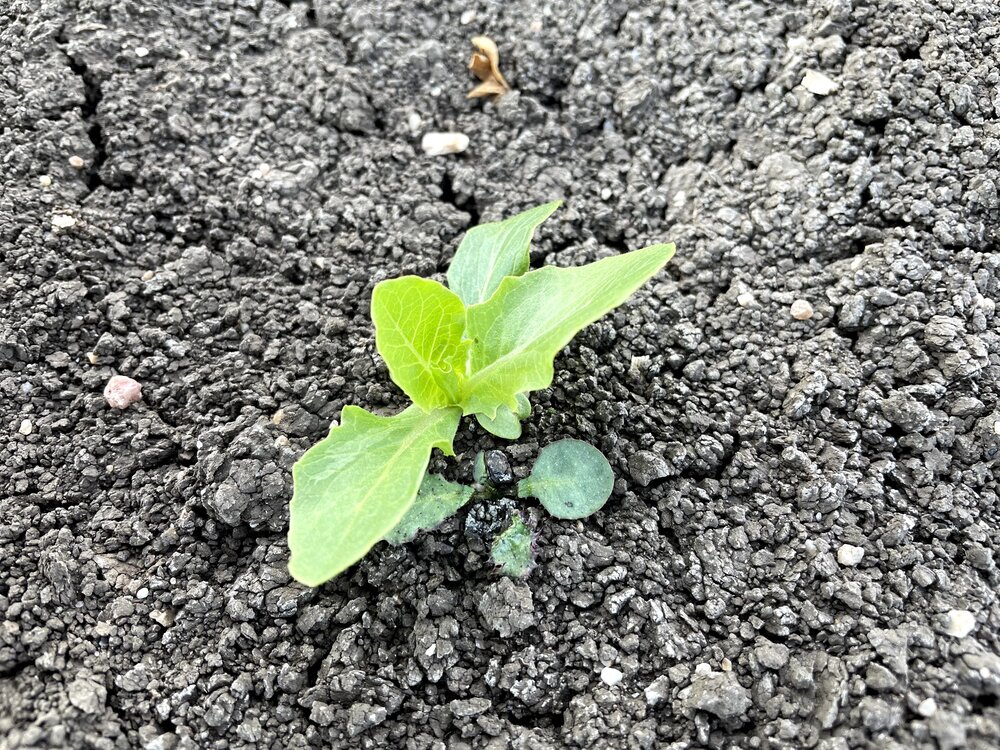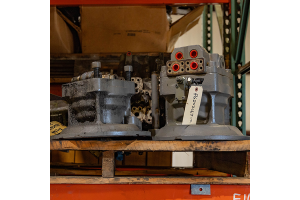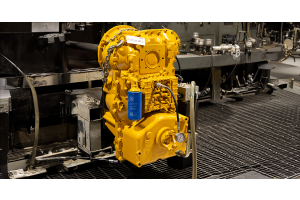
Embracing the Future of Farming: Laser Weed Management
In the face of ongoing challenges in recruiting and retaining farm labor, Colorado fruit and vegetable growers are turning to cutting-edge technology to fill the gaps. CarbonRobotics, the creator of autonomous agricultural robots armed with advanced capabilities, such as AI vision, machine learning, lasers, and oscillating blades, are revolutionizing weed management in the farming industry. As the demand for more sustainable and cost-effective practices grows, these autonomous weeders offer a glimpse into the future of farming.
The Power of Precision:
Unlike replicating the dexterity of human hands for harvesting, weed eradication has proven to be a more accessible goal for autonomous farming technology. Equipped with machine vision and AI, these robots can identify and target weeds with astonishing precision. Using articulated blades and high-powered carbon dioxide lasers, they deliver maximum devastation to invasive plants while leaving the desired crops untouched. The efficiency is remarkable, with the ability to clear two acres of weeds in just an hour.
Empowering Farmers:
For Colorado fruit and vegetable producers, labor costs can account for up to 50% of their total operating expenses. Autonomous weeders present an attractive solution for farms with significant payroll costs. With a return on investment typically achievable within three years, robotics companies are striving to find the right price point to make this technology accessible to many farms. By reducing labor expenses and minimizing the use of herbicides and fertilizers, farmers can achieve substantial cost reductions and embrace regenerative farming practices.
Benefits for Farmers:
1. Increased Crop Yield and Quality: Laser weed management systems preserve soil microbiology and avoid soil disruption, leading to healthier crops and higher yields.
2. Overall Cost Reduction: Automated robots reduce the highly variable cost of manual labor and minimize the need for crop inputs like herbicides and fertilizers, resulting in significant cost savings.
3. Regenerative Farming Practices: By reducing or eliminating the use of herbicides, autonomous weed management solutions contribute to improved soil health and mitigate potential health issues associated with traditional chemicals.
4. Economical Path to Organic Farming: Cost-effective weed control has been a significant obstacle to organic farming. Autonomous weeders offer a realistic path to organic certification by providing a weed management solution that doesn't rely on herbicides or extensive manual labor.

CarbonRobotics' LaserWeeder uses cameras to scan crop fields in real time as its onboard computer uses machine learning to target invasive weeds for destruction.

The moment the laser strikes. Even a tiny weed hiding in this chard is destroyed with pinpoint accuracy.

Accuracy is important when a weed is close to a romaine plant.
Images via CarbonRobotics
The future of farming is here, and it comes in the form of autonomous weed management. These advanced robots bring precision, efficiency, and sustainability to the agricultural industry. By embracing this technology, Colorado fruit and vegetable growers can overcome labor challenges, reduce costs, and pave the way for regenerative and organic farming practices. The era of autonomous farming has arrived, offering new possibilities for a more productive and environmentally friendly future.
Want to see it in action? Click here to watch a video!









